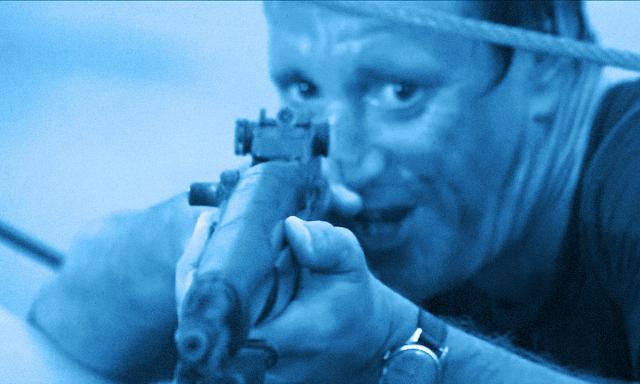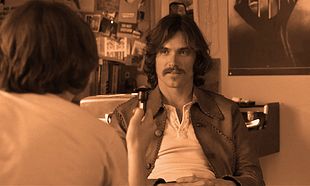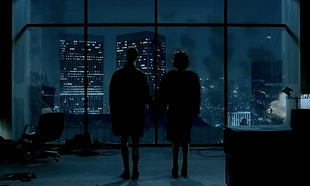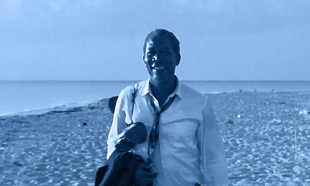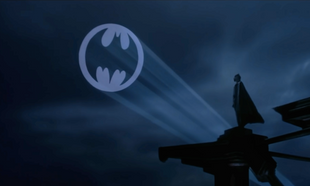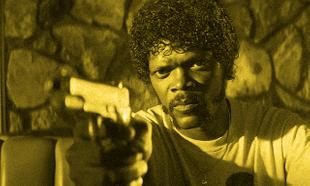The Final Scene looks at the last few minutes of some of the most well-known movies of the past fifty years. This week, it's Steven Spielberg's blockbuster classic, 'Jaws'...
Although the whole premise of this article series is about talking about the final scene and how great it is, there actually isn't much in the finale of 'Jaws' to talk about. It's as you find it - Quint has been eaten alive by the shark, Hooper has fallen into the sea after the shark's battered his cage, and Brody is left alone to face the shark.
He jams an air canister into its mouth, balances himself on the wreckage and fires at the air canister - causing the shark to die in a sea of gibs and guts. If you break it down to any kind of emotional beats, there's nothing really there. There isn't even a chance to process the fact that Brody and Hooper literally saw their captain get eaten alive before their very eyes.
Think about that for a minute. You saw a guy get literally eaten alive, by a shark, which you've just killed by blowing up with an air canister, and you're not only laughing afterwards, but cracking a joke as you paddle home with your buddy who sat out the whole ordeal beneath the waves in his scuba suit. That's what 'Jaws' ends on.
To be clear, 'Jaws' is a fantastic horror-thriller and it rightly deserves its praise as one of the finest examples of filmmaking in the past fifty years. It's poised, perfectly balanced, has the emotional beats needed to sell the terror, and Robert Shaw's Indianapolis speech induces goosebumps every time you hear it. John Williams' score is an example of economy and grandeur in equal measure, both existing simultaneously in 'Jaws'.
 Brody takes aim...
Brody takes aim...Yet, the ending just doesn't match what's come before. It's an explosion, like a balloon popping. That's all. The real meat of 'Jaws' - pardon the pun - is in the build-up. When Brody's on the beach and thinks he sees a shark, that's a beautifully staged moment. Hooper and Quint arguing on the boat shows the ample humour that 'Jaws' has, especially showing off Richard Dreyfuss' natural warmth and gift for levity. The Indianapolis speech is taught in screenwriting classes, as well it should be.
Despite all this, you can't help the shake the feeling that the ending of 'Jaws' just doesn't live up to any of those moments. Maybe nothing could. Steven Spielberg said that he wanted audiences to respond to "a big rousing ending", not the ending that Peter Benchley had written which saw the shark die from its wounds. In a way, though, the ending seems at odds with the rest of it.
In an interview with Premiere Magazine years after 'Jaws' debuted, Spielberg described how the movie "went from a Japanese Saturday matinee horror flick to more of a Hitchcock, the less-you-see-the-more-you-get thriller." It's true, the latter came about from the infamous technical problems involving the shark itself, causing Spielberg to rethink many scenes and have them rewritten with the help of John Milius, Carl Gottlieb and even Robert Shaw himself.
But for all this rewriting and retooling, the ending - rousing as though it may be - feels decidedly unsubtle and classless compared to what's come before it. And just to make matters worse, the actual mechanics of the explosion are completely unrealistic. 'Mythbusters' determined that a full scuba tank could not cause an explosion of the kind witnessed in 'Jaws', no matter what kind of rifle or tank was used.
